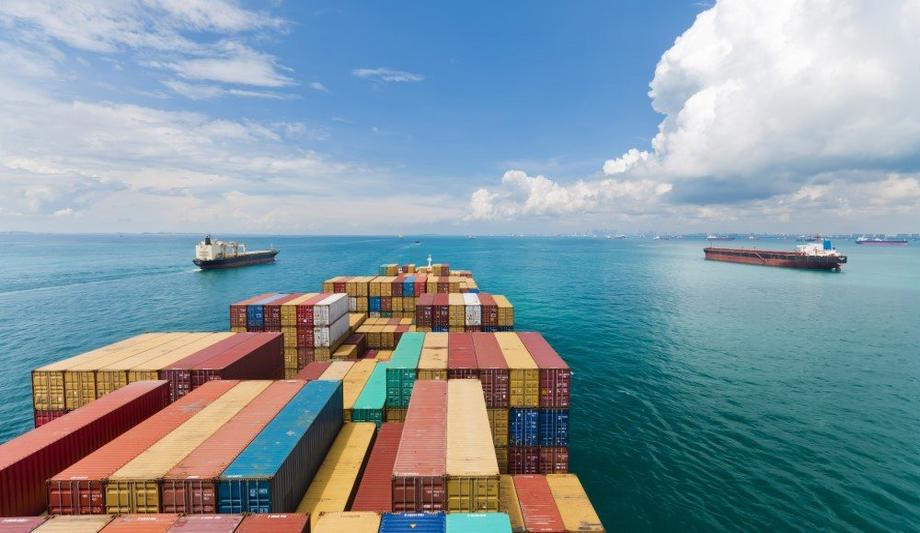Based on the latest carbon emissions MRV data published by the EU, it can be seen that cargo vessels using Jotun’s Hull Performance Solutions (HPS) reported a 20% lower carbon intensity on average in operations compared to non-HPS peers in 2019 and 2020.
Cross-checked statistics also indicate lower carbon emissions than from vessels known to be sailing with some “low-friction” foul-release silicone coatings that claim to offer market-leading performance. Only coatings applied within the three years preceding the emissions report were considered. The internal study carried out by Jotun investigated major cargo vessel types, including bulk carriers, chemical tankers and oil tankers, with a dataset of almost 9,000 vessels, and the emissions report was verified by accredited parties.
The Carbon Intensity Index (CII) set to be implemented by IMO in 2023 focuses on the yearly reduction in emissions during operations. So vessel owners cannot just rely on the “out-of-dock” effect of a hull maintenance. They need a reliable and effective antifouling solution that will perform consistently throughout the service interval. Maintaining a cleaner hull with minimal fouling means a vessel has less resistance when sailing through water. Consequently, less power and fuel are required for the same speed and this directly reduces the amount of carbon dioxide released. Jotun’s HPS have a proven track record of long-term reliability and will become more important than ever for vessel owners to gain a competitive advantage.
21 Sep 2021
